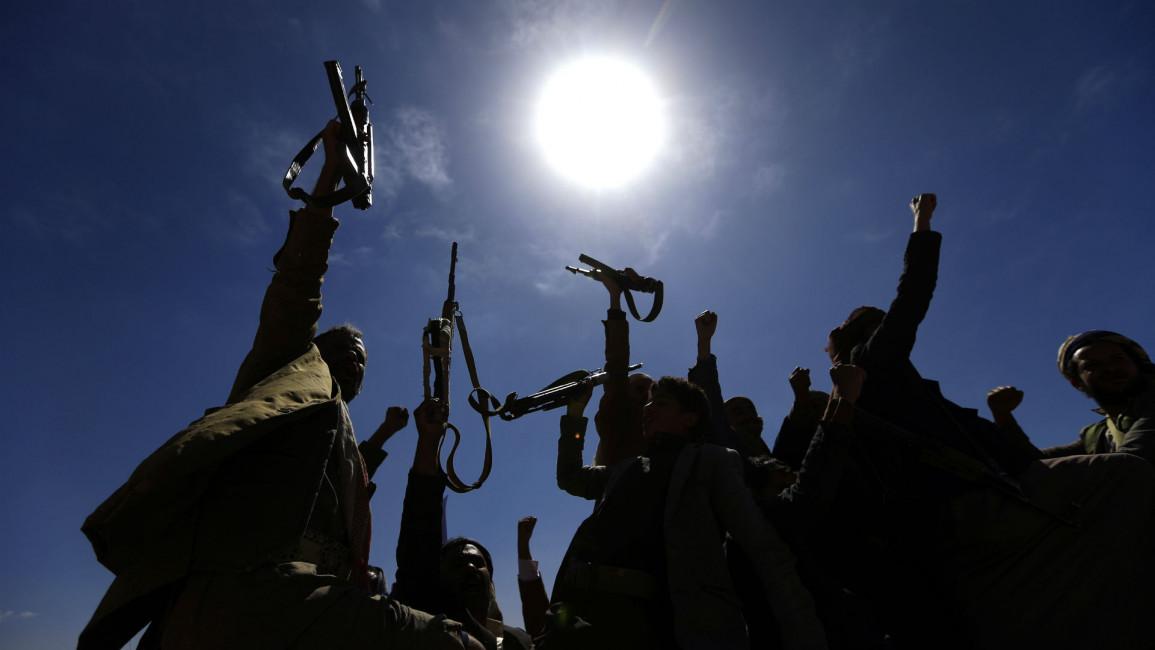Yemen's Houthis threaten more attacks on Saudi Aramco plants as oil price spikes
Speaking on Twitter, Houthi military spokesman Yahya Sarea also warned foreigners to evacuate the area.
Global energy prices spiked on Monday after a Houthi-claimed attack on key oil facilities in Saudi Arabia caused the worst disruption to world supplies on record, an assault for which President Donald Trump warned that the US was "locked and loaded" to respond.
US officials offered satellite images of the damage at the heart of the kingdom's crucial Abqaiq oil processing plant and a key oil field, alleging the pattern of destruction suggested the attack on Saturday came from either Iraq or Iran - rather than Yemen, as claimed by Iranian-backed Houthi rebels there.
Iran for its part called the US allegations "maximum lies."
Benchmark Brent crude gained nearly 20 percent in the first moments of trading on Monday before settling down to over 8 percent higher as trading continued. A barrel of Brent traded up $5.33 to $65.55.
That spike represented the biggest percentage value jump in Brent crude since the lead up to the 1991 Gulf War that saw a US-led coalition expel Iraqi dictator Saddam Hussein's forces from Kuwait.
US benchmark West Texas crude was up around 8 percent. U.S. gasoline and heating oil similarly were up over 8 percent and 7 percent respectively before markets opened in New York.
According to Houthi spokesman Sarea, the attacks on the Aramco plants were carried out by drones with normal and jet engines.
The US satellite photos appear to show the attack on Abqaiq may have struck the most-sensitive part of the facility, its stabilisation area.
The Washington-based Center for Strategic and International Studies has said the area includes "storage tanks and processing and compressor trains - which greatly increases the likelihood of a strike successfully disrupting or destroying its operations."
Stabilisation means processing so-called sour crude oil into sweet crude. That allows it to be transported onto transshipment points on the Persian Gulf and the Red Sea, or to refineries for local production.
The attack "damaged five to seven spheroids and five out of ten stabilisation towers," said Fernando Ferreira, the director of geopolitical risk at the Washington-based Rapidan Energy Group.
Five "or so stabilisation towers appear to be destroyed and will have to be rebuilt - this will take many months," Ferreira said. "The sophisticated attack now seems likely to reduce Abqaiq's 7 (million barrels of crude oil a day) capacity for an indefinite period" measured in months.
Follow us on Twitter: @The_NewArab



